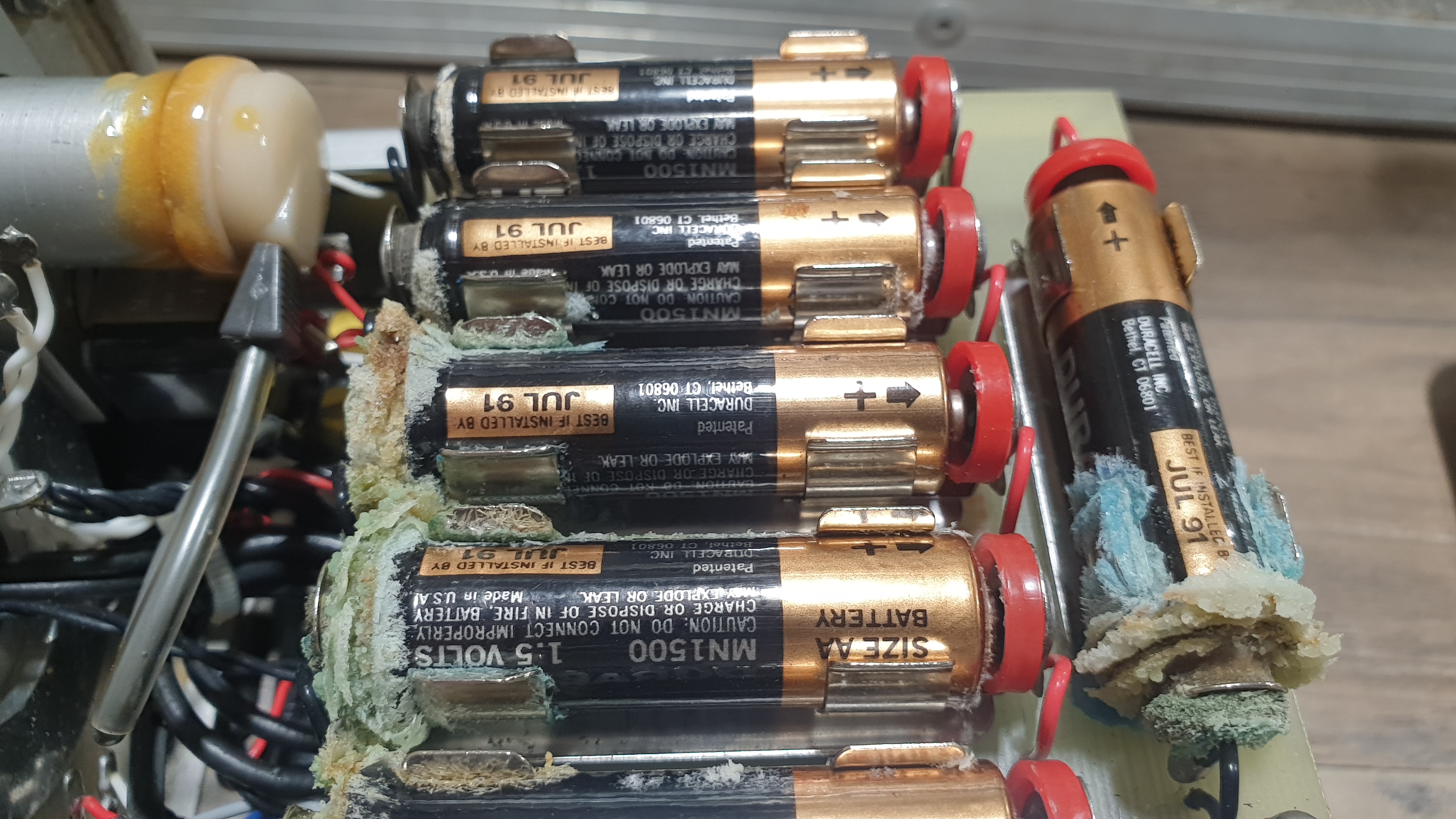this post was submitted on 16 Oct 2024
169 points (99.4% liked)
Electronics
1965 readers
96 users here now
Projects, pictures, industry discussions and news about electronic engineering & component-level electronic circuits.
Rules
1: Be nice.
2: Be on-topic (eg: Electronic, not electrical).
3: No commercial stuff, buying, selling or valuations.
4: No circuit design or repair, tools or component questions.
5: No excessively promoting your own sites, social media, videos etc.
Ask questions in https://discuss.tchncs.de/c/askelectronics
founded 1 year ago
MODERATORS
you are viewing a single comment's thread
view the rest of the comments
view the rest of the comments

To each his own. I've tried a few solutions. I use vinegar and apply it with some large cotton swabs. I usually wash them with the vinegar two or three times and let it sit for an hour. Then I use the baking soda dissolved into water and apply it several times. If possible to remove the contacts completely I will soak it in vinegar and then the baking soda solution. I buff the contacts if they are badly corroded. I can't stress enough how much a little dielectric grease prevents further corrosion.
Yeah, I use baking soda and dielectric grease after acid too. I was only offering that citric acid is better than vinegar in every way.